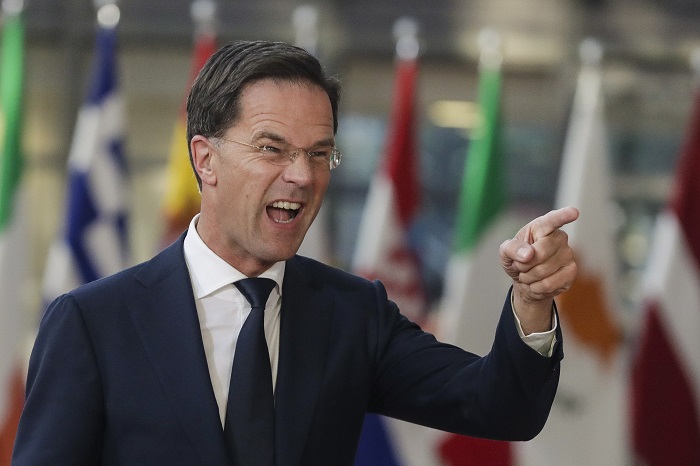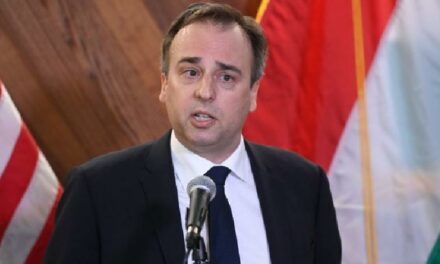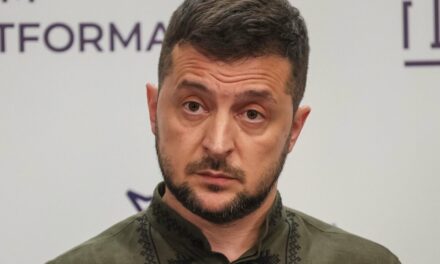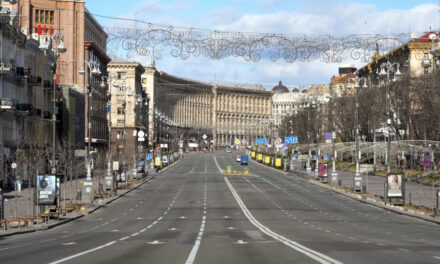Rutte submitted his resignation on Friday evening, after an extraordinary meeting. However, before its announcement, the government coalition had already collapsed, as they failed to agree on the treatment of asylum seekers arriving in the Netherlands even after several days of negotiations.
Mark Rutte said at his press conference: the differences in the coalition proved to be insurmountable on the issue of migration and the four parties jointly came to the conclusion that an agreement was not possible.
He added that he will continue his work as acting prime minister until the new elections, especially with regard to continuing to support Ukraine.
When asked if he would like to be the leader of the VVD list again, Rutte answered yes.
New elections are expected to take place in mid-November. After the resignation of the government, King Vilmos Sándor of the Netherlands must officially dissolve the lower house of the parliament.
The migration policy has been debated within the coalition for months. The liberal-conservative Free Democratic People's Party (VVD) led by the prime minister and the Christian Democratic Compact (CDA) called for strictures to limit the number of asylum seekers arriving in the Netherlands, while the left-liberal Democrats 66 (D66) and the Christian Union Party rejected this.
One cause of disagreement centered around the creation of a "dual status system" for asylum seekers, which would see asylum seekers given either 'A' or 'B' status at the start of the application process, which would determine what rights they would be entitled to. "A" status would mean a permanent residence permit, "B" status would be temporary.
The debate was specifically about whether persons with "B" status are also entitled to family reunification rights.
The VVD wants to make a distinction between refugees facing persecution and those fleeing war. The party wants to make it more difficult for relatives of refugees belonging to the latter group to enter the Netherlands. The Christian Union Party and D66 found this proposal unacceptable.
The fall of the fourth Rutte cabinet occurred 543 days after its inauguration. Mark Rutte has been the Prime Minister of the Netherlands since 2010. The third Rutte government was formed in 2017 after winning the elections, but was forced to resign in 2021 due to the scandal surrounding childcare subsidies in the Netherlands, and then won elections again in 2022.
MTI
Featured image: MTI/EPA/Stephanie Lecocq













